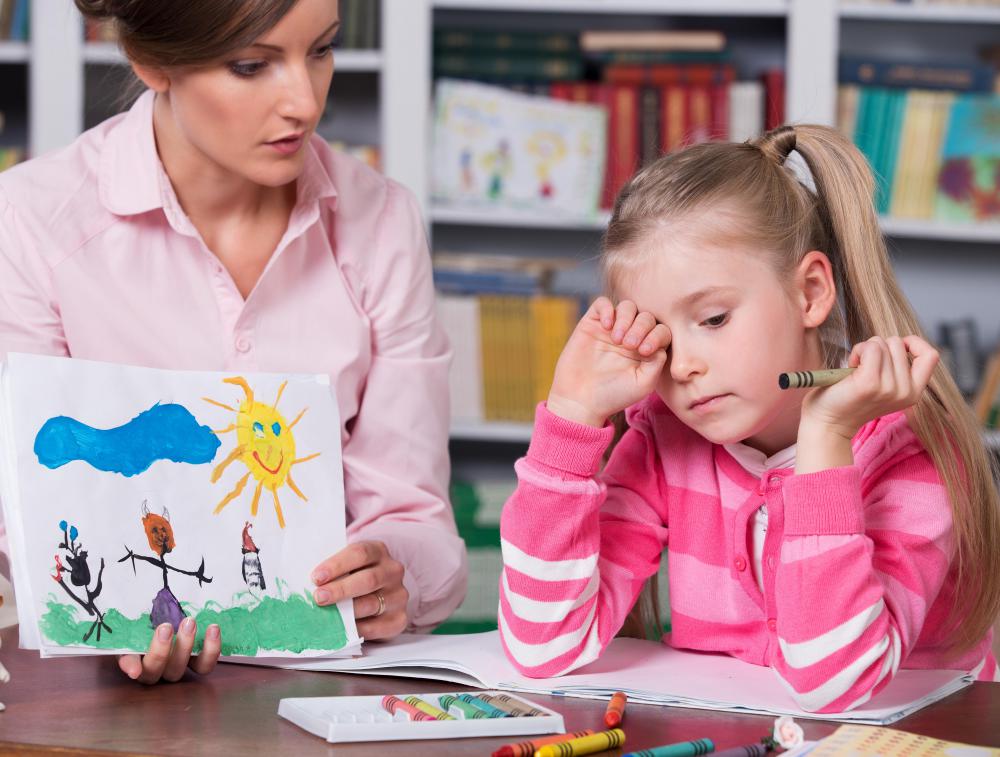According
to eminent psychologist Sigmund Freud, babies are initially driven by
instinctive and selfish urges but gradually adapt to a more realistic approach
by imbibing their parents’ values and rules. These play a role in the
development of the child’s conscience. One of the most important things that
you, as parents, should work upon is to understand your child’s psychology.
For
this, you do not need to get a degree in parenting. Instead, the child psychologist in Kolkata explains
you about child psychology and gives tips to understand what is going on in
your child’s mind.
What is child psychology?
According
to career counsellor in Kolkata,
child psychology is vast and one of the commonly studied types of subject. This
specialized branch focuses on the psychological process of children from birth
to adolescence. It takes note of the psychological changes that occur from
infancy. The scope of study includes motor skills, cognitive development,
language skills, social changes, emotional development, etc.
Need for understanding child
psychology
Parents
have their way of interpreting their child’s abilities and skills, or lack of
those. When you do not understand your child, you may misinterpret or misjudge
them. Sometimes these misinterpretations can be harmless, but most of the times
they are not. Parents’ role is key in a child’s psychological development. Lack
of awareness about child development can often lead to poor judgement of
children, which in turn leads to poor parenting decisions.
A study in the University of Michigan revealed
that children are directly affected by the amount of time the parent invests in
their development. Hence, it is important for parents to educate themselves
about the different aspects of child psychology and development so that they
can contribute meaningfully towards the child’s emotional and mental growth.
Childhood psychological disorders
Children
acquire certain behavior influenced by their parents, family members and
society. Most children have minor behavioral issues such as being adamant and
rude or lacking attention. If these issues get complicated they become
disorders. Here are a few common psychological disorders that children face:
a.
Attention deficit hyperactivity disorder (ADHD)
Children
with ADHD display three main characteristics – inattention, impulsiveness and
hyperactivity. They can also be fidgety, aggressive and excitable.
b.
Depression and bipolar syndrome
Children
with bipolar disorder tend to have abrupt mood swings, long periods of
hyperactivity followed by lethargy, temper tantrums, frustrations and defiant
behavior.
c.
Anxiety disorder
Children
with general anxiety disorder tend to worry excessively about everything. Even
the most trivial of issues tend to give them sleepless nights.
d.
Asperger’s syndrome
This
is a mild form of autism. Symptoms include lack of social skills, dislike in
change of routine and familiar environment, no eye contact, unusual gestures
and facial expressions, lack of empathy and awkward motor skills.
e.
Learning disability
This is a psychological disorder that makes
learning a challenge. Symptoms include inability to pay attention, poor memory,
poor coordination, inability to follow instructions or directions and lack of
organization.
f.
Disruptive behavior disorder
Children
with this disorder may tend to bully others, isolate themselves from social
institutions, destroy property or hurt animals.



Comments
Post a Comment